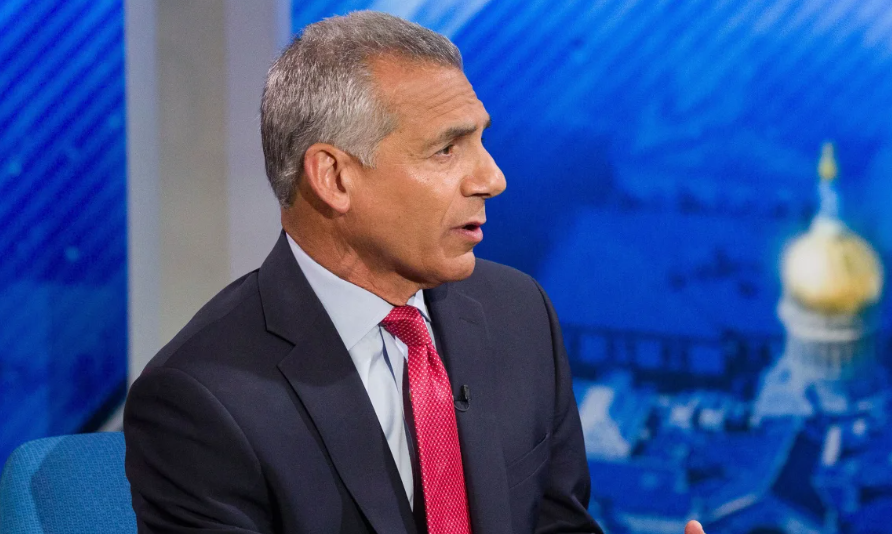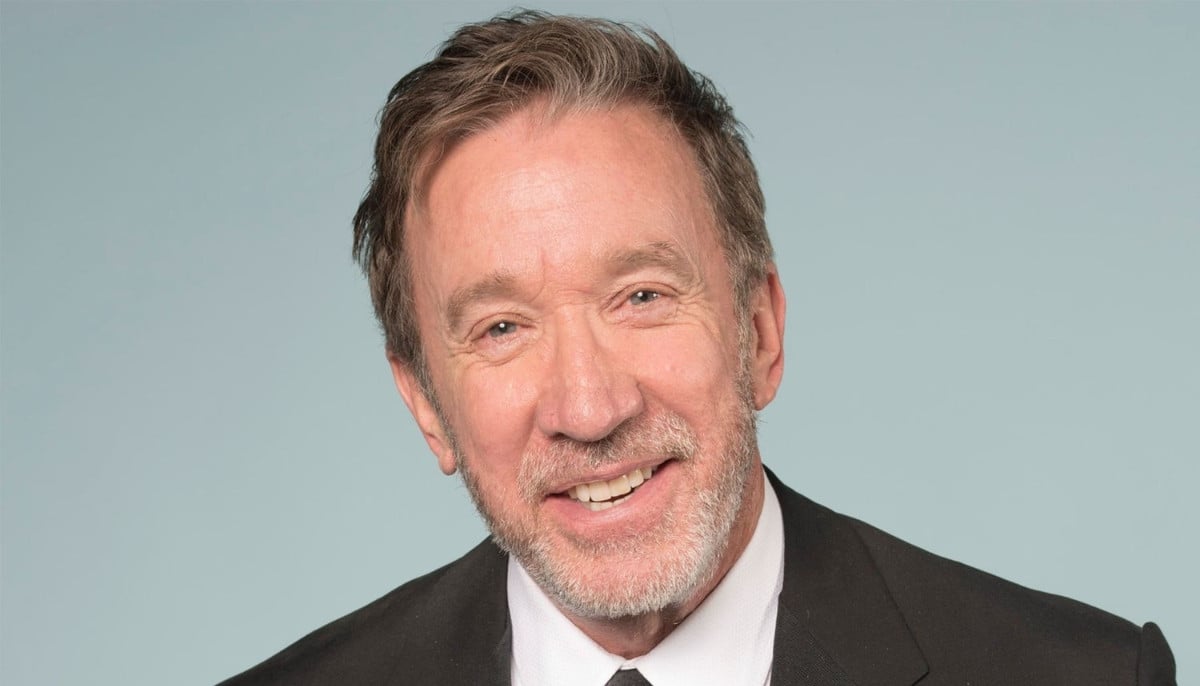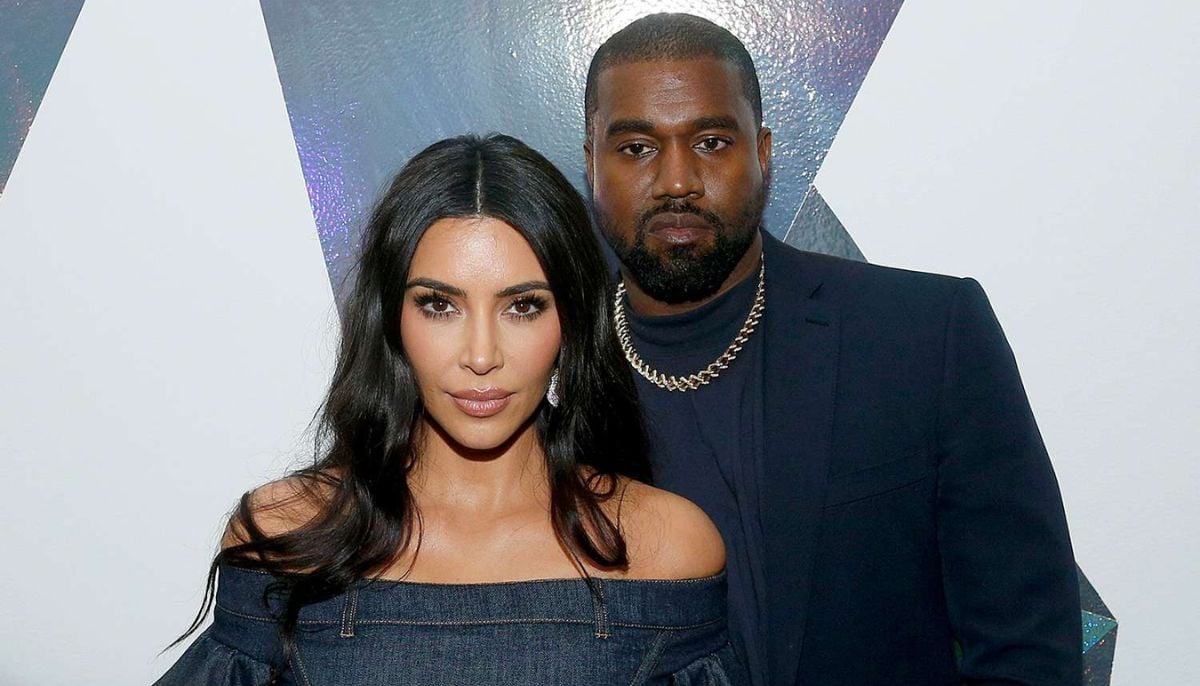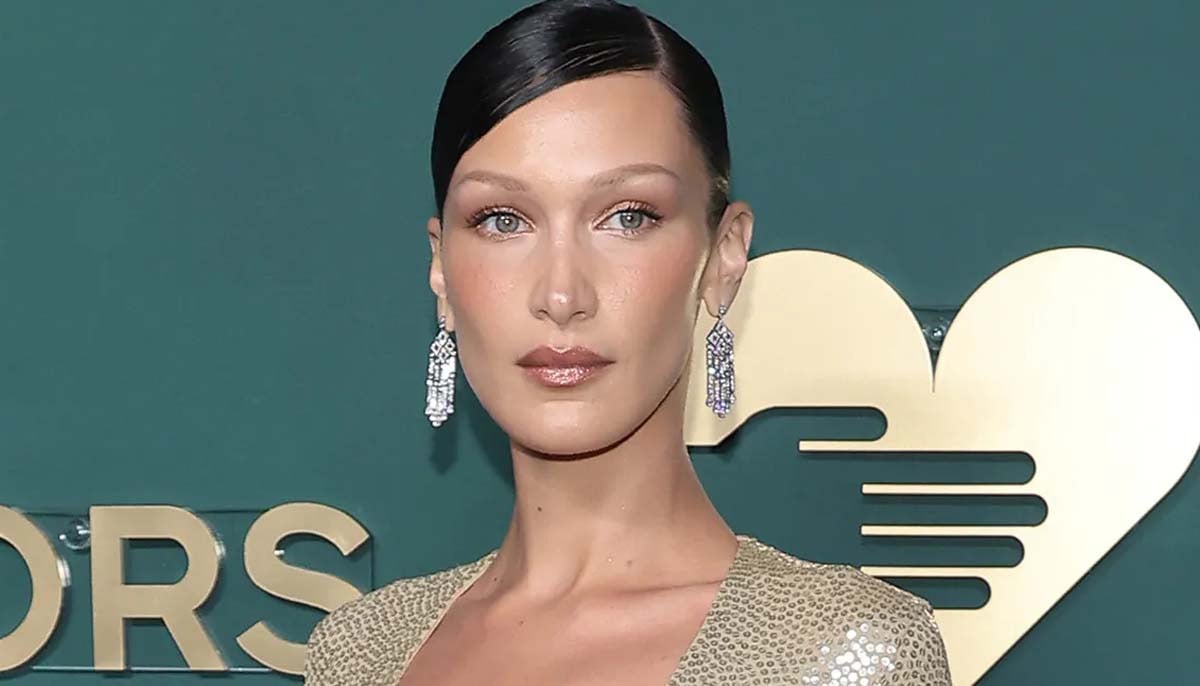In an early national barometer for voters’ sentiments in the first year of President Donald Trump’s second term, Democratic Representative Mikie Sherrill will compete against Republican former Representative Jack Ciattarelli in the New Jersey gubernatorial election this fall.
In a competitive Democratic primary, where contenders pledged to cut expenses and challenge the White House, Sherrill emerged victorious. She positioned herself as a counterbalance to Trump and his billionaire benefactor Elon Musk. She was a former Navy pilot and federal prosecutor who flipped a Republican-held seat in 2018 and emphasized her nonpartisan credentials in Congress. In advertisements, she pledged to “fight the Trump-Musk madness” and threatened to duplicate her Republican opponent’s cuts to “DOGE New Jersey” and the federal government.
With Trump’s support, Ciattarelli won the Republican primary with ease. Despite his attempts to frame the governor’s contest around state-level problems, the businessman and former state lawmaker, who came within three percentage points of beating Gov. Phil Murphy (D) four years ago, has embraced Trump this year.
One year into the new government, the general election will be keenly followed as one of two gubernatorial contests, along with Virginia, that will offer glimpses of national trends. Democrats accuse Ciattarelli of cosying up to Trump for political reasons and are keen to turn the election into a referendum on the president.
Republicans have sided with the president and are keen to capitalize on Trump’s resounding victory in the state last year, but they also want to turn New Jersey into a referendum on liberal leadership.

The governor’s mansion is in and out of power, but New Jersey hasn’t supported a Republican for president in almost 30 years. According to national Democratic strategists, they intend to make significant investments in the general election campaign and are not undervaluing the state. Ken Martin, the chair of the Democratic National Committee, declared Tuesday evening that the party will have “all hands on deck.”
According to AdImpact, the contest has already attracted over $88 million in ad spending, making it the fourth most costly non-presidential primary ever. Democrats provided the majority of the funding, highlighting their initiatives to resist Trump and reduce the cost of living. According to AdImpact, the president was referenced in over 70% of TV advertisements during the primaries.
Going into Tuesday, Sherrill was considered the Democratic race’s slight favorite. In the last stages of the contest, opponents attempted to discredit her anti-Trump stance, highlighting Democrats’ conviction that they needed to capitalize on voters’ resentment of national politics in the primary.








_updates.jpg)





